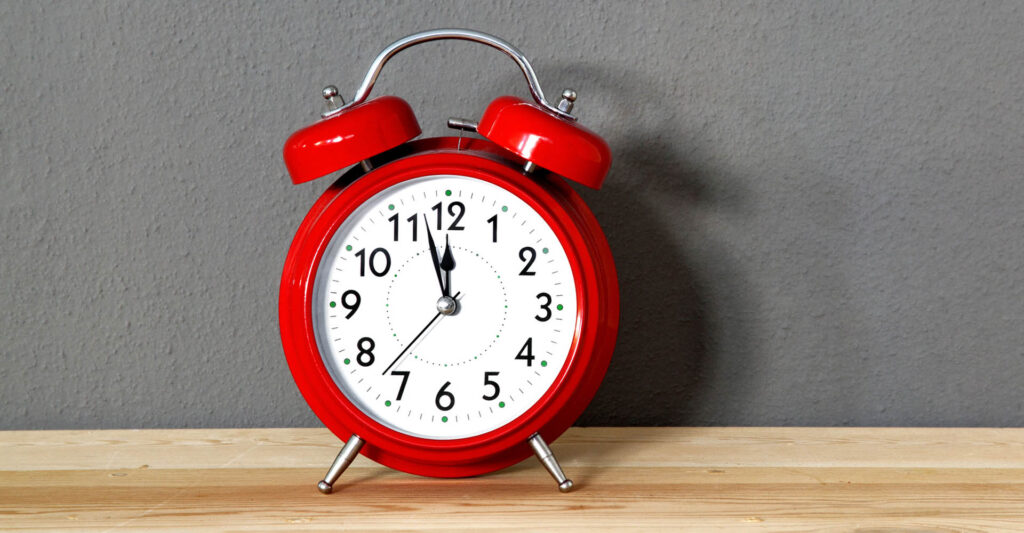“Wecker” is a German word for “alarm clock,” a simple yet essential device that has dramatically influenced how people around the world organize their lives. From historical designs and developments in mechanical engineering to the modern digital age with smart technology, alarm clocks, or “Wecker” play a critical role in time management and daily routines. Here’s an exploration of the history, cultural significance, and current innovations in alarm clocks.
1. The Origins and History of Alarm Clocks (Wecker)
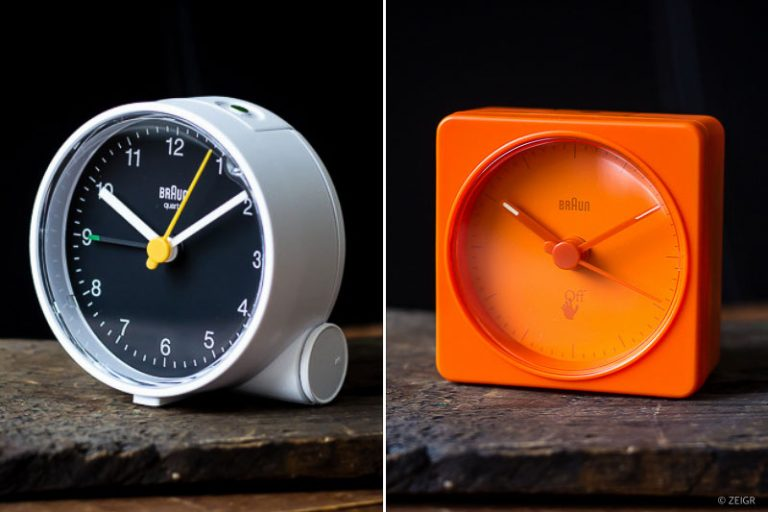
The concept of an alarm clock dates back to ancient times. Early civilizations used various methods to wake up at specific times. In Ancient Greece, there is evidence that water clocks, or “clepsydras,” were used, which worked by allowing water to drip at a steady rate into a container. When the container is filled, it would either trigger a sound or wake the sleeper. This early form of the Wecker evolved into more sophisticated systems as societies advanced.
In the 14th century, European monks were known to use timekeeping devices to ring bells at specific times, mainly for prayer and meditation purposes. However, it wasn’t until the Industrial Revolution that personal mechanical alarm clocks began to be used widely in households. The first patent for a mechanical alarm clock was granted in 1847 to French inventor Antoine Redier, who invented a clock with a manually settable alarm.
2. The Rise of the Household Alarm Clock
In the late 19th and early 20th centuries, mechanical alarm clocks became widely accessible. Notable developments occurred in Germany and Switzerland, where precise and reliable clocks were manufactured by various companies. As cities industrialized and factories implemented shift work, a consistent way to wake up became essential for workers. Thus, the Wecker became an indispensable household item, available at varying price points.
These mechanical clocks typically featured a spring that, once wound, would drive the clock’s gears and eventually ring a bell or chime. Brands such as Junghans and Kienzle in Germany became well-known for their high-quality timepieces, which combined durability with precision. Over time, alarm clocks evolved to offer various features, such as snooze buttons, increased alarm volume, and more compact designs, marking their shift from purely functional items to personalized devices that accommodated individual preferences.
3. Wecker and Cultural Significance
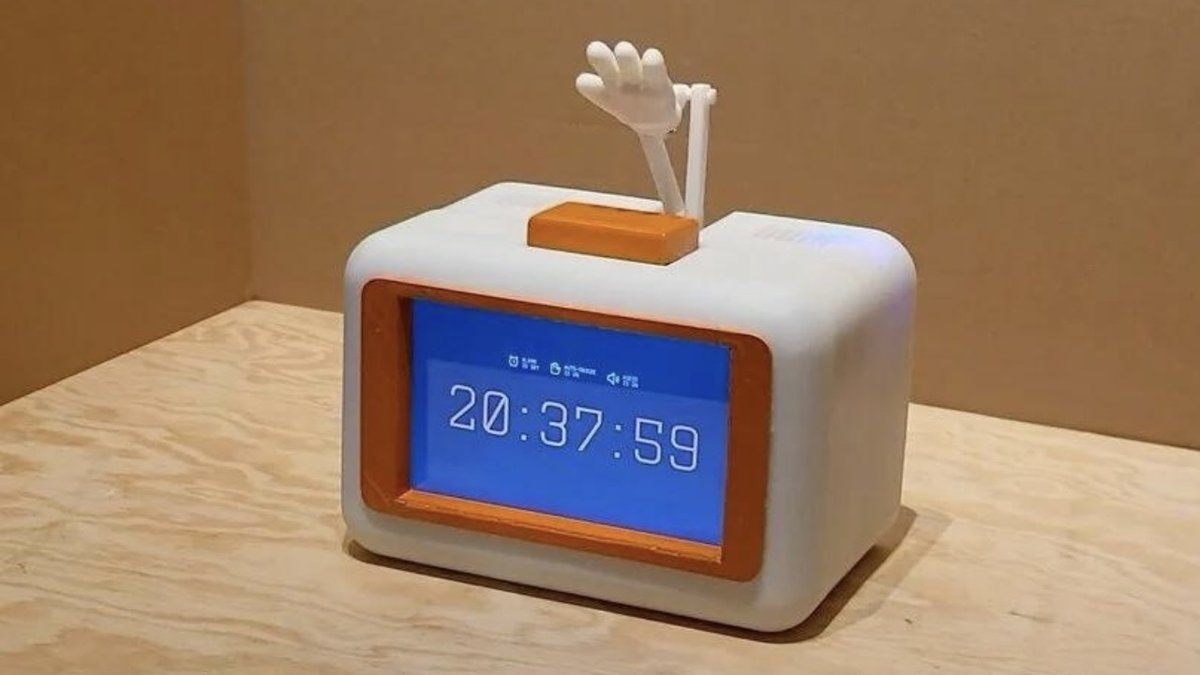
The alarm clock has not only been a time management tool but also a cultural symbol. In many parts of the world, it represents discipline, punctuality, and productivity. The Wecker is seen as a symbol of responsibility, prompting people to adhere to schedules and timelines, which is particularly valued in German culture. The phrase “Der frühe Vogel fängt den Wurm” (The early bird catches the worm) embodies the association of waking up early with success and productivity.
In Germany and other European countries, alarm clocks have influenced daily rituals and routines, especially for children. A child’s first alarm clock is often seen as a symbol of growing up, learning to be responsible, and managing one’s time independently. This significance is reflected in gift traditions, where parents or grandparents present a child with a “Wecker” when they begin school or reach other milestones.
4. Technological Advancements in Alarm Clocks
With the advent of electricity in the 20th century, electric alarm clocks became popular, offering more reliability and convenience as they did not need to be wound. By the 1970s, digital clocks began to replace traditional mechanical alarm clocks, introducing new features such as LED displays, snooze functions, and even radio alarms, which would play a radio station at a set time.
In recent decades, the alarm clock has been revolutionized by smartphones. With built-in alarms, smartphones have replaced traditional alarm clocks for many people. Mobile alarms are customizable, allowing users to choose their wake-up tone, set multiple alarms, and even program alarms for specific days.
Despite the popularity of smartphones as alarms, the traditional Wecker still has a place, especially among those who prefer to limit screen time and establish a dedicated sleep environment. In response, alarm clock manufacturers have incorporated smart technology, offering features like light therapy, which mimics natural sunlight to make waking up feel more pleasant, and integration with smart home devices to adjust lighting, temperature, and even play music.
5. The Rise of Specialized Alarm Clocks
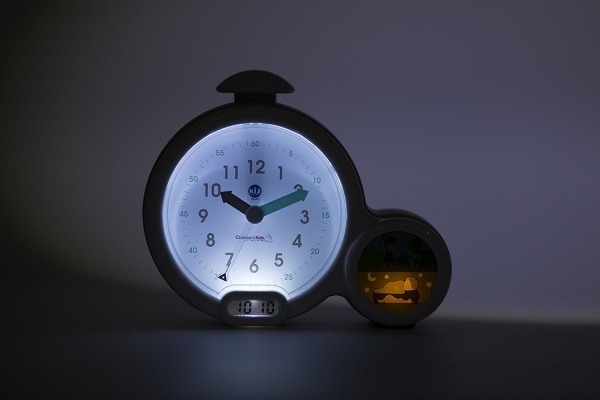
In recent years, a new category of specialized alarm clocks has emerged to address modern sleep challenges and wellness needs. For example, sunrise alarm clocks, which gradually increase light intensity, simulate dawn, and aim to make waking up feel less abrupt, have gained popularity. Studies have shown that these clocks can help regulate circadian rhythms and improve mood and alertness in the morning.
For heavy sleepers or those who find it challenging to wake up, there are “mission-based” alarm clocks, which require users to complete a task (like solving a puzzle or taking a photo) to turn off the alarm. These Wecker innovations aim to engage the brain and body actively, ensuring that the user is fully awake and less likely to fall back asleep.
Additionally, for people who want a silent waking experience, there are wearable devices with vibrating alarms, often used by people with hearing impairments or those who prefer a more subtle awakening. Some modern alarm clocks also integrate sleep tracking, allowing users to monitor their sleep patterns and optimize their sleep cycles.
6. Psychological and Health Impacts of Alarm Clocks
Alarm clocks affect our psychological well-being in ways that go beyond merely waking up on time. Research indicates that abrupt alarms can disrupt the natural sleep cycle, causing a phenomenon known as “sleep inertia,” where individuals feel groggy and disoriented upon waking. This effect is particularly pronounced with traditional loud alarms, which jolt the sleeper awake suddenly. On the other hand, gradual light-based alarms or soundscapes are associated with gentler awakenings and may help improve mental alertness and mood in the morning.
Given that chronic sleep deprivation is a widespread issue, a Wecker that accommodates healthy sleep habits can make a significant difference in overall well-being. By facilitating consistent wake times, especially when paired with a steady sleep schedule, alarm clocks can help regulate the body’s internal clock, promoting better sleep quality.
7. The Future of Alarm Clocks (Wecker)
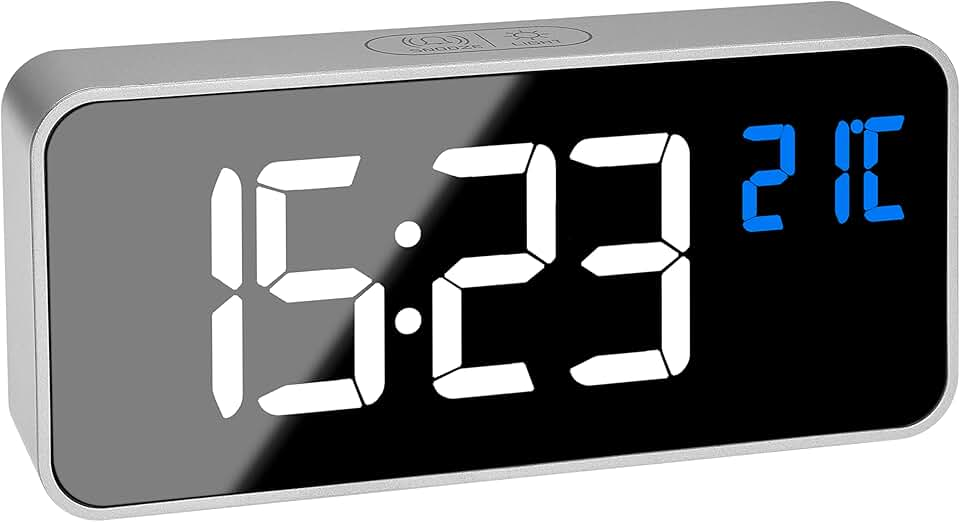
As technology continues to advance, the future of alarm clocks is likely to become even more integrated with personal health and lifestyle devices. The modern Wecker may evolve into a more complex system that not only wakes us up but also monitors sleep quality, heart rate, and even adjusts based on personal health metrics. Smart home connectivity will further integrate alarm clocks with lighting, heating, and entertainment systems to create an immersive waking experience tailored to individual preferences.
Additionally, the increasing awareness of mental health and wellness is likely to drive innovations in alarm clock design. Future Wecker models may use artificial intelligence to predict the best time to wake someone based on their sleep patterns or adjust the alarm sound and lighting to suit different stages of the sleep cycle.
Conclusion
The Wecker, or alarm clock, has journeyed from simple mechanical beginnings to become a multifaceted device with impacts on our physical, mental, and social lives. Whether mechanical, digital, or integrated with smart technology, alarm clocks are fundamental to modern time management. As we continue to innovate, the alarm clock remains a crucial part of daily routines, embodying the discipline and structure essential for our productivity and well-being.
In an increasingly busy world, where sleep and waking routines are vital to maintaining a balanced life, the Wecker’s role is more essential than ever, adapting to fit the evolving needs of each generation.


